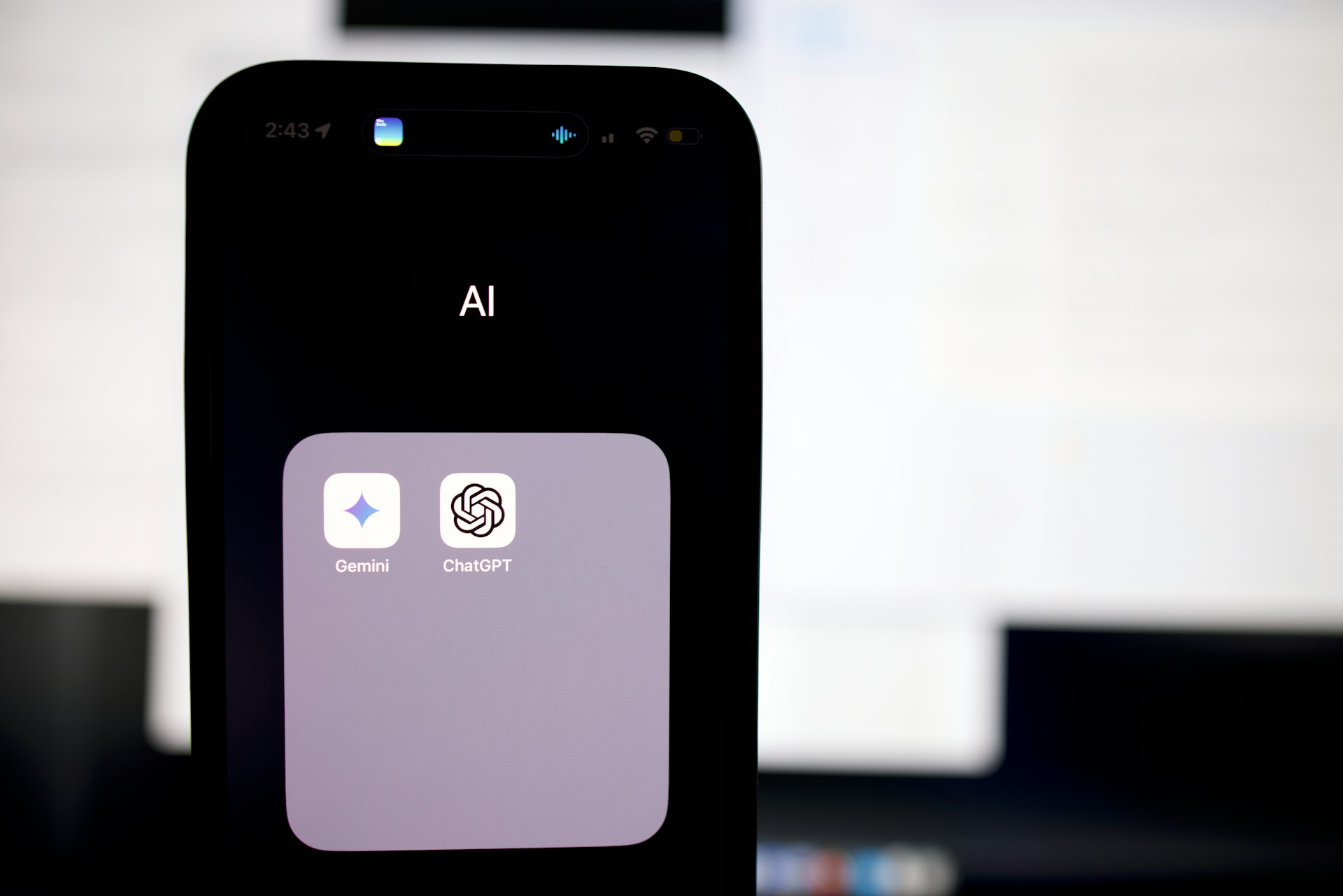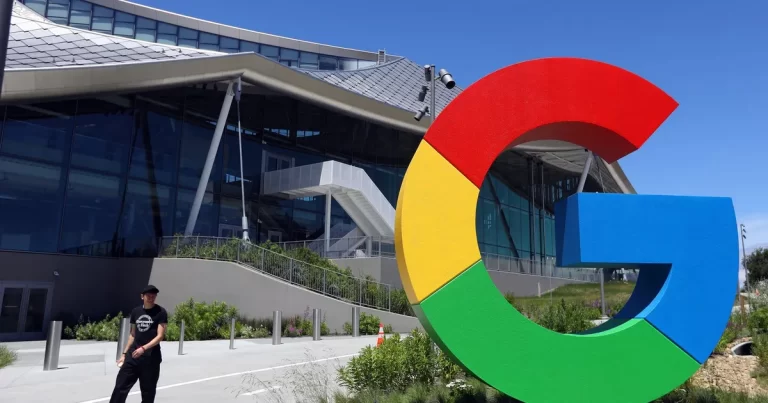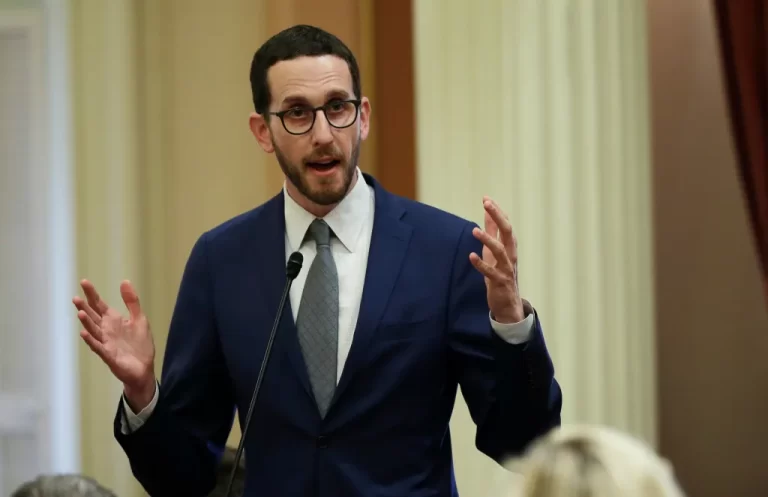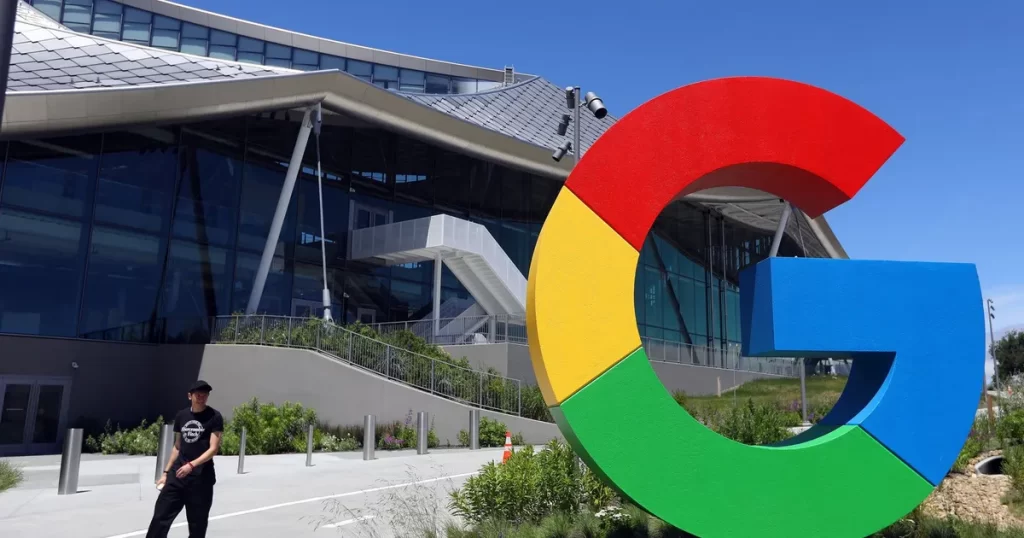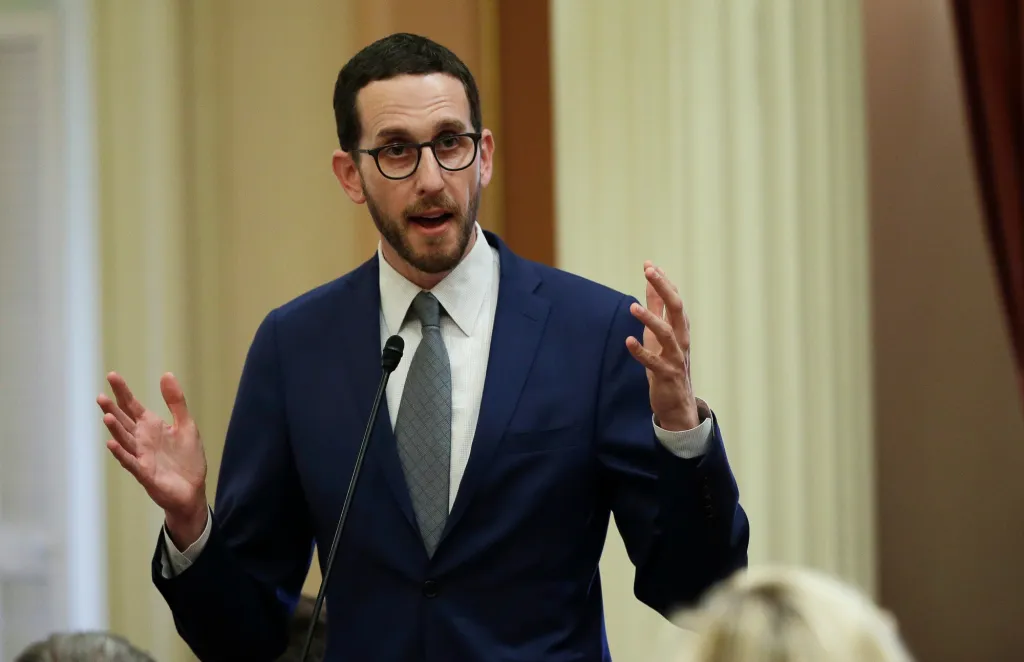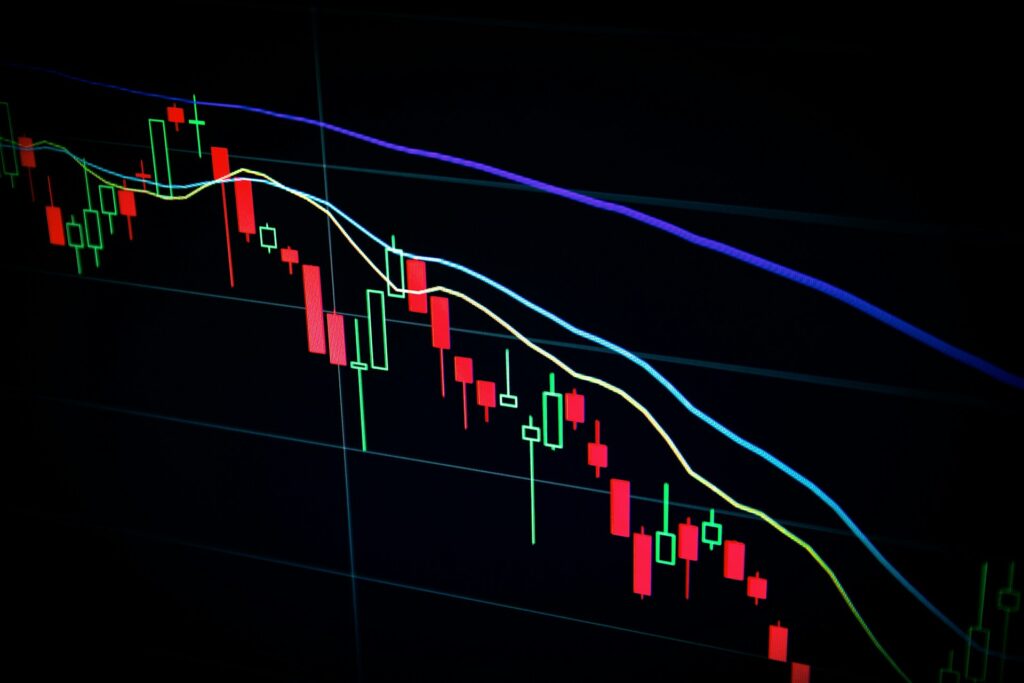The Glamour and Disillusionment of Silicon Valley

When Brad Wang embarked on his career in the tech industry straight out of college, he was dazzled by Silicon Valley’s luxurious work environment, complete with game rooms, nap pods, and scenic trails. It felt like attending a grand party at Jay Gatsby’s mansion, he thought. AI Eliminate Jobs?
The Reality of Pointless Work
Yet, beneath the glamour was a profound sense of emptiness. Wang moved from one software engineering role to another, working on projects he found pointless. At Google, he spent 15 months on a project that was destined never to launch. Later, at Facebook, he worked for over a year on a product that its main customer deemed unhelpful.
The futility of his work began to frustrate Wang: “It’s like baking a pie that’s going right into the trash can.”
Historical Perspectives on Meaningless Work
The corporate world is no stranger to the feeling of existential doubt. During the pandemic, the subreddit r/antiwork saw a surge of people expressing disdain for mundane work, and in the 1990s, the film “Office Space” famously depicted the monotony of corporate life. Herman Melville’s “Bartleby, the Scrivener” also portrayed the original “quiet quitter,” a clerk who repeatedly said, “I would prefer not to,” until his arrest and eventual death.
David Graeber’s Insight: Bullshit Jobs
Even well-compensated jobs in comfortable settings can become soul-crushing drudgery. In 2013, radical anthropologist David Graeber introduced a compelling concept in his essay “On the Phenomenon of Bullshit Jobs.” Graeber, who also coined Occupy Wall Street’s “99 percent” slogan, argued that many jobs are so redundant that even the employees cannot justify their existence. His subsequent book expanded on this frustration.
Graeber posited that John Maynard Keynes’s dream of a 15-hour workweek never materialized because society has created countless jobs that even the employees find pointless. A study by Dutch economists Robert Dur and Max van Lent found that a quarter of the workforce in wealthy nations sees their jobs as potentially meaningless. If workers find their labor dispiriting and unproductive, why keep these jobs?
The Impact of Artificial Intelligence on Job Meaning
The rise of artificial intelligence (AI) adds another layer to this debate. Goldman Sachs recently estimated that generative AI could automate tasks equivalent to 300 million full-time jobs globally, particularly in administrative and middle-management roles.
As we consider a future where technology might replace human labor, two main scenarios emerge: AI as a productivity boon for businesses or a catastrophe for workers who become obsolete. However, there is a middle ground where AI could eliminate jobs that workers themselves find meaningless and degrading. If this happens, would those workers be better off?
AI and the Future of Work
AI excels at repetitive tasks, such as pattern recognition, which makes it adept at generating content, reviewing documents, and translating languages. According to Graeber’s book, AI might replace roles like “flunkies,” who exist to enhance the status of important people; “goons,” whose jobs exist solely because competitors have similar roles; and “box tickers,” roles deemed subjective but largely unproductive. Some economists have refined this concept to highlight jobs that workers perceive as useless and that could disappear with little impact on the world.


